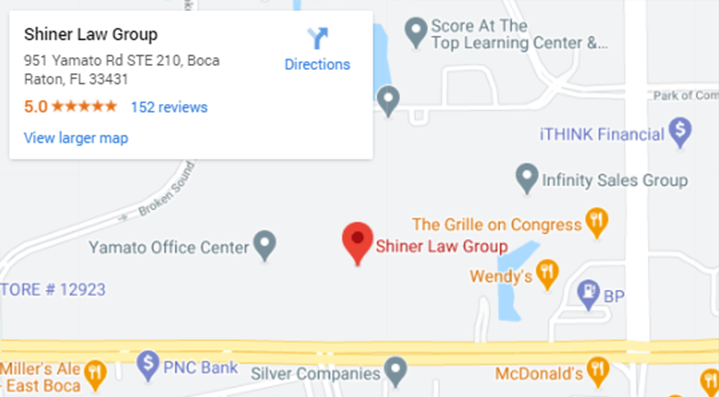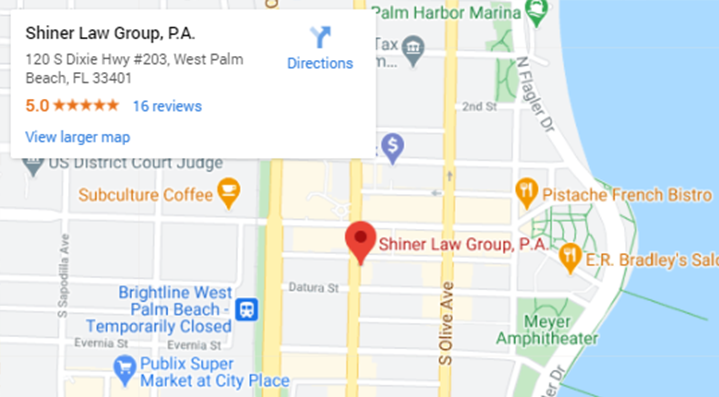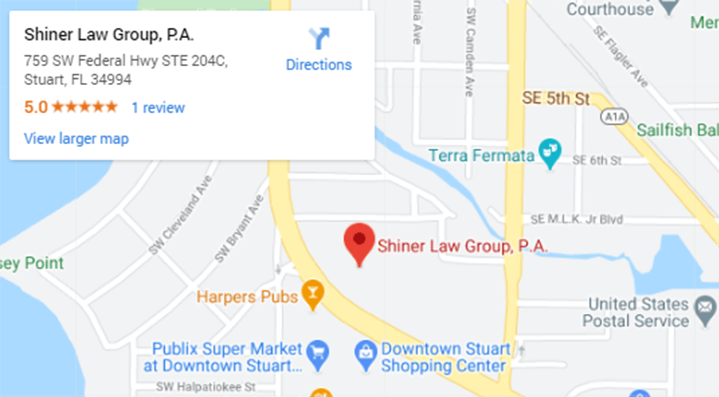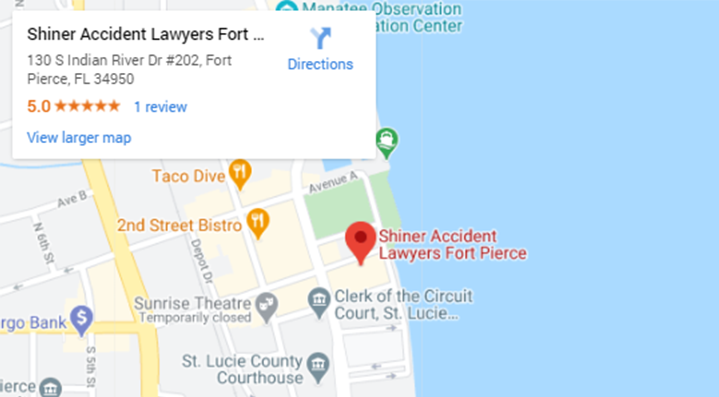Business Transaction Litigation
Say a customer hires your company to perform a certain job. They sign a contract with you. You complete the job, but they don’t pay you the fee that was listed on the contract. Basically, the customer didn’t honor the agreement or in other words, they breached the contract.
Breach of contract is something that all types of businesses deal with. In fact, these disputes are one of the most common lawsuits in courts and can prove to be harmful to small and medium sizes businesses. Knowing your legal options, rights and potential remedies may help you navigate through a breach of contract case.
Understanding Breach of Contract
Breach of contract occurs when a party fails to fulfill any term of the contract without a lawful, justifiable excuse. It might occur when a customer fails to make the payment listed in the contract, an employee does something which the contract prohibited them from or when a coworker doesn’t complete their portion of a task as stipulated in the contract.
How Breach of Contract Affects SMEs
Contract breaches are a bad news for SMEs. They may waste both time and money of a business owner and can lead to lawsuits, which can be frustrating. It is important to note that there are different types of breach of contracts. If you want to file a breach of contract claim, you should have an understanding of the type of breach of contract you are dealing with. The four types of breach of contracts include:
Material Breach
When either party fails to perform their duty as set out in the contract, it is called a material breach. If a certain clause has been breached, the claimant may seek damages against the party responsible for breaching the contract. For example, if a client doesn’t pay the contractor in full after the contractor has completed the work, then it is considered a material breach. The contract set out the payment that the contractor was entitled to if they successfully finished the job. The contractor did their part, but client did not honor their agreement.
Fundamental Breach
Let us say that you have signed a lease for your small business. However, when you arrive to the place, you find that another party is still using that space. In this case, the landlord is involved in a fundamental breach of the contract. Here you can sue the landlord for damages and make them provide the space as set out in the original agreement.
Anticipatory Breach
Anticipatory breach occurs in a situation when a party says that the contract is broken because the other party won’t be able to execute their end of the contract. Let’s say that you hire a painter to paint your whole office building. You want the job to be completed by June 30. Your painter signs a contract with you agreeing to complete the task by June 30. However, the painter doesn’t start working immediately and comes to your premise on June 28. You can try to collect monetary damages on an anticipatory breach claim because there is no way that the painter could complete the job in time.
Minor Breach
Minor breach of contract is partial breach. Say you hired a web developer to create website for your business. Everything required by you is listed in the contract and the developer signs on the contract. They complete the job, but there are certain errors and everything listed in the contract is not there on the website. Now, you can’t sue the developer for the actual job, but you can sue them for monetary damages or ask them to make the required corrections.
Regardless of the kind of contract breach you are dealing with, you must establish some factors to build a strong case that you can take to your court. This may get tricky especially if your contract was implied or verbal. In most cases of breach of contract, it must be established that:
- There was a contract
- The defendant broke the contract
- The claimant lost money
- The defendant was responsible for the loss
No matter what type of contract breach you have experienced, you must be aware of the remedies available to you. Most of the times, you might just need money to recover the loss that resulted from the breach of contract. Some monetary remedies in breach of contract lawsuits include:
-
Liquidated Damages
If a payment amount was specified in the contract, then this type of reward may give the claimant that amount. -
Compensatory Damages
The defendant will be required to pay money to compensate for the losses resulting from the breach of contract. -
Punitive Damages
They are awarded in case of offensive actions or behavior from the defendant.
Sometimes there is a lot more than money involved in a breach of contract. These cases have common remedies including:
-
Specific Performance
The court orders the defendant to do everything that the contract requires them to. -
Rescission
The court cancels the contract and orders the defendant to return the money. -
Reformation
In this case, the contract will be written again to better suit the intentions of two parties.
Before you consider legal action in case of a breach of contract, you should review the contractual agreement. You should look for any requirements or limitations that can affect your likelihood of getting compensated for the damages.
Breach of contract can impact any aspect of your business. Whether you are dealing with nonpayment claims, contract fraud or failure to comply with the terms of the contract, it can be hard to win a breach of contract case. Therefore, you should hire an experienced attorney from the Shiner Law Group if you are dealing with a breach of contract. With our experience in handling breach of contract cases, we may be able to help you win the case. You can call us for a free consultation of your breach of contract case.
Four Types of Breach of Contract
A business contract is a means of establishing specific obligations and guidelines that must be fulfilled by two or more parties involved in the agreement. If one party fails to fulfill those obligations then that is called ‘breach of a contract’. There are various types of breach of a contract depending on the terms of the agreement, for which you can claim damages for the contract breach with the help of a business litigation lawyer.
Contract Breach: General Requirements
It is not difficult to determine when the contract has been breached. In majority of the cases, a contract breach occurs when a contractual promise is broken or when a party fails to meet the contract terms without a lawful and legitimate reason. When filing for a lawsuit for breach of contract, it is important to ensure that the contract breach meets the following four requirements in order to be upheld by the court:
- It should be valid. The contract should include all basic contract elements as specified by the law. If your contract is missing those elements then there can’t be a lawsuit.
- The plaintiff must have proof of the contact breach by the defendant.
- The plaintiff should have fulfilled their end of the obligations as mentioned in the contract.
- The plaintiff should notify the defendant about the breach of contract before moving forward with the lawsuit. It is important to notify the defendant in writing instead of verbally notifying them so that you have strong proof.
If a breach of contract meets the above mentioned requirements then you can consult a business litigation lawyer to initiate a lawsuit and file for damages.
Types of Breach of Contract
Following are the four main types of breach of contract:
Anticipatory Breach vs. Actual Breach
Majority of the contract breaches come in two categories – anticipatory breach or actual breach.
Anticipatory Breach: Before the due date of the contract, one party demonstrates their intention of not fulfilling their contractual obligations. This is known as anticipatory breach. The party announces their breach of contract. This can happen in two ways:
- Establishing impossibilities – one party, before the due date, indicates through some act that it would be impossible to meet their obligations before the due date.
- Expressing repudiation – one party clearly communicates that they don’t intend to fulfill the obligation before the due date.
Actual Breach: Before the due date of the contract, one party refuses, neglects, or fails to fulfill their obligations. This is known as actual breach. This can happen in two ways:
- During the Contract – when one party fails to or refuses to fulfill their obligations during the contract. This can either be implied or expressed in words.
- Due Date of Contract – when one party refuses to or fails to fulfill their obligations by the due date of the contract.
Both these breaches can be harmful for organizations and individuals as time, money and efforts are wasted.
Minor Breach vs. Material Breach
Contract breach can also be material or minor.
Material Breach – when one party, instead of fulfilling the things mentioned in the contract, performs something significantly different. For instance, if you have a contract with a graphic designer to create a logo and website for your restaurant but they end up creating a blog banner about a particular dish which doesn’t even include the logo. This is called a material breach.
Minor Breach – this is also known as partial breach. In this breach, one party fails to or neglects certain parts of the contract even though other requirements were fulfilled. For instance, if the graphic designer completes the logo and website for your restaurant but delivers it a day or two later than the due date then it is called a minor breach.
Typically, a material or minor breach can be determined as per the requirements and conditions of each case. The court utilizes the following six guidelines to determine if it is a material breach or minor:
- To what extent has the party that breached the contract already performed.
- If the breach was neglect, was intentional or if it was an innocent mistake.
- The possibilities that the party that breached the contract would be able to perform the remaining contract.
- The amount of benefit that the plaintiff has received even after the contract was breached.
- To what extent the plaintiff has received the compensation.
- The amount of difficulty the party that breached the contract would face if the court comes to the conclusion that it is a material breach and that the plaintiff had no obligations to perform their side of the deal.
These guidelines are typically involved to determine the types of breach that has occurred.
What’s Next?
Now that you understand the types of breach, you need to determine what should be your next step. No matter which type of breach has occurred, there are various remedies that are available for the plaintiff. There are damages that you can claim, which can be monetary rewards or remedies to compensate the loss you have experienced due to the contract breach.
Compensatory damages are for a certain amount of money which aims to make up for the losses faced by the plaintiff. These are of two types:
Consequential Damages – these are a bit tricky since the aim to cover indirect damages. For instance, if you experience loss of sales for a week just because the contract was breached, then you are entitled to receive consequential damages.
Expectation Damages – these damages cover the amount you could have received from the contract on the basis of the requirements mentioned on the contract or as per the market value. For instance, if you were not paid for the extra hours you put into work, then the damage would be considered as per the overtime policy as per your contract of employment.
Contract breaches may be overwhelming but these are things that various businesses and individuals face at a certain point since contracts are basically applied to almost everything nowadays. In order to ensure the smooth running of your business, it is essential to be fully informed about these breaches. If you have experienced a breach of contract then contact Shiner Law Group and get a free case evaluation of your case by our experienced business litigation lawyers.










